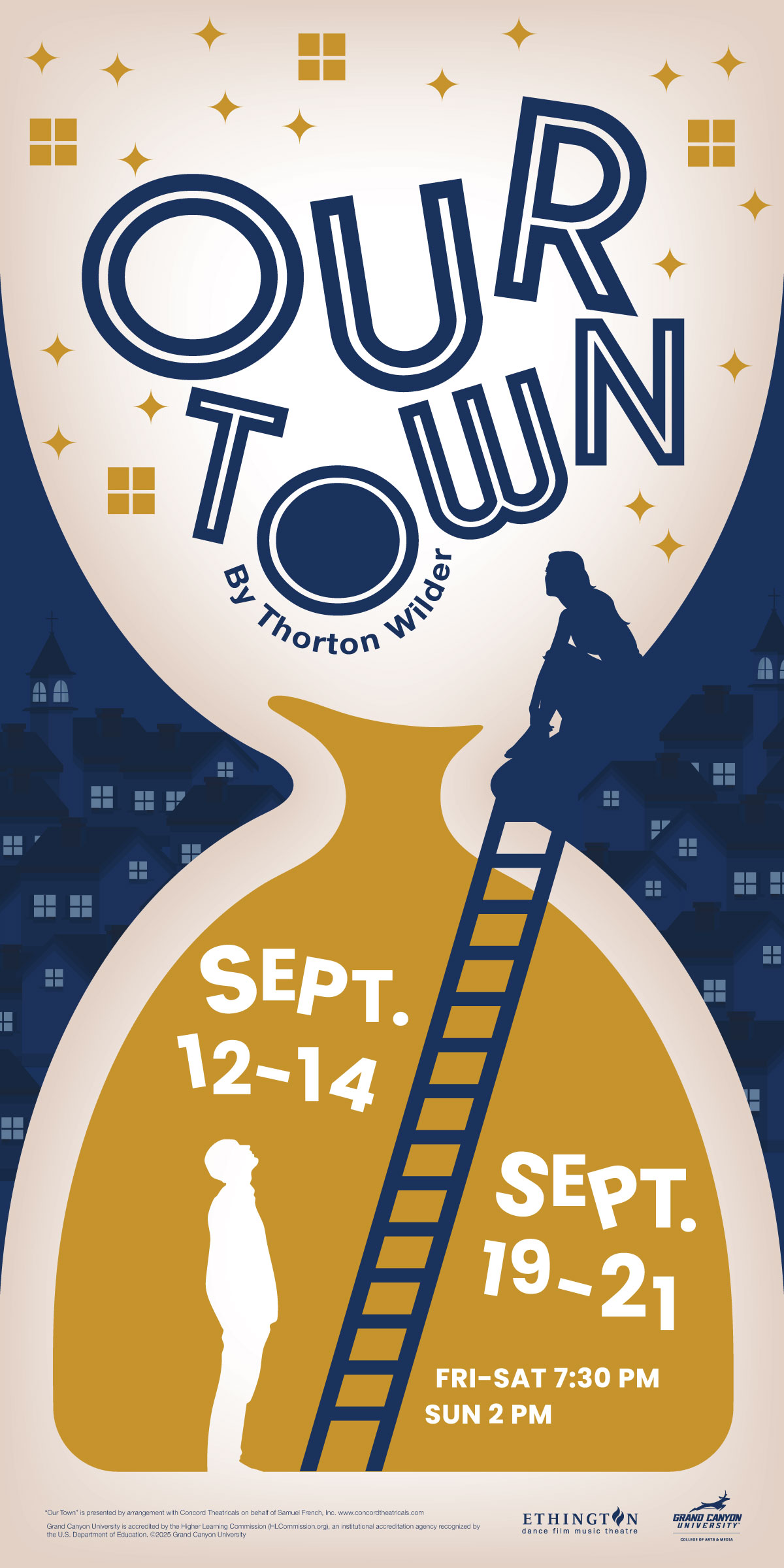By Emily Orvos
Campus Registered Dietitian
Eating disorders, disordered eating, relationship with food – these buzzwords are circulating in our culture today, but what exactly do they all mean? In light of this week being National Eating Disorders Awareness Week (Feb. 21-27), let me break it down for you in terms of a spectrum.
Having a healthy relationship with food looks like fueling your body adequately with a variety of nutrient-dense foods and not eliminating food groups unless medically necessary. This also means allowing yourself the flexibility to enjoy your favorite foods without guilt.
In a positive relationship with food, overthinking food choices or using exercise to “compensate” for meals is rare. Ideally, this is the end of the spectrum to aim for.
On the opposite end of the spectrum are serious, clinically diagnosed eating disorders. You are likely familiar with anorexia nervosa (severe energy restriction) and bulimia nervosa (binging followed by purging through vomiting, laxatives or excess exercise), but eating disorders do not always fall into one of these two categories.
Orthorexia, for example, is a rigid fixation on eating only “clean” and “pure” foods. There are also unspecified eating disorders in which an individual may exhibit behaviors from a few different diagnoses.
So what about the middle of the spectrum? This consists of subclinical disordered eating thoughts and behaviors.
Sometimes these are tricky to identify because so many of these behaviors are so normal in our society today. Skipping meals, an “all-or-nothing” approach to health, and anxiety around meals can all be signs to work on your relationship with food. Taking care of your body is important, but when it compromises your mental health, it is no longer considered “healthy.”
Eating disorders are more common than you may think, and a common misconception is that only women are affected. An estimated 20 million women and 10 million men in America will experience an eating disorder at some point in their life, so all genders are impacted.
Eating disorders also do not have a “look.” All body types and sizes are affected. In fact, only 6% of those with clinically diagnosed eating disorders are medically considered “underweight.” You cannot tell what someone is struggling with based on what they look like, so please be mindful of the way you speak about food and your body – not only in front of others, but also to yourself.
It’s important to note that at their roots, eating disorders are mental health conditions, but they manifest physically through an individual’s thoughts and behaviors around food and eating. Visit https://www.nationaleatingdisorders.org/ to learn more, and don’t be afraid to ask for support and get help if you think this is affecting you.





























